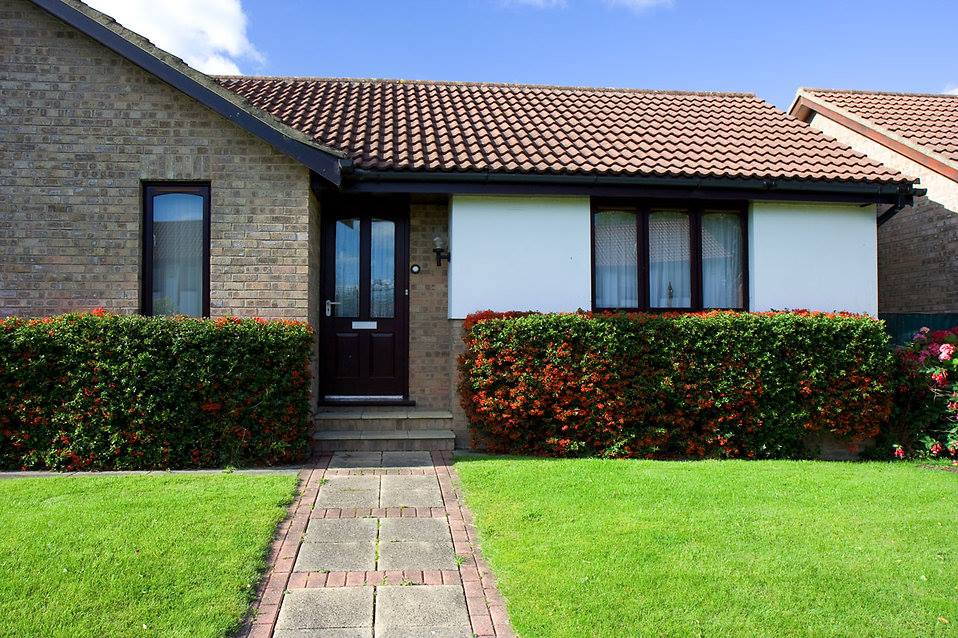Investing in real estate is the single-best way for families to climb the income ladder. Real estate, even after the Great Recession, is still one of the safest investments and the most likely to generate sufficient returns to substantially increase your family’s wealth, especially after acquiring several properties.
The age-old question for young investors looking to purchase their first leasing property are often confronted with a simple issue, should they invest in multi or single-family homes?
Single-Family Homes
Single-family homes have many benefits for new investors. For instance, they are cheaper to purchase and renovate than multi-family buildings. Regardless if you acquire a multi or single-family home, you will have to put a 20 percent down.
Single-family homes are also easier for newer investors because it is a single asset, with a single resident. You only need to make renovation decisions for one property, rather than multiple. The overall lower costs mean that lower-income individuals can acquire and lease them.
Houses, versus apartments, also experience less turnover. They have this advantage because most houses are selected by families and couples, who are more likely to select a place to live long-term. Additionally, couples and families typically take better care of the property than single residents.
You can also more easily sell houses, should you choose to. Only a few investors can purchase a multi-unit apartment complex, but just about anyone can buy a single house.
However, single-family homes are also subject to several cons. For instance, it is harder to scale a single family home. Furthermore, once you do scale your property portfolio, it becomes unwieldy to manage them. Additionally, while you can sell individual homes quickly, selling a portfolio of them is tough. Most buyers who acquire pools of properties prefer to purchase multi-unit dwellings, over a portfolio of single homes.
Multi-Family Property
Multi-family properties, once up and running, are typically cheaper to manage. For instance, a single property manager can run the entire property, versus having properties all over the city. Additionally, while the total cost of acquiring the property is high, multi-family homes enjoy lower costs of upkeep per unit.
Apartment complexes and smaller split-story houses are also easier to scale, so you can quickly build-up a respectable portfolio of properties. You will soon realize that scale in property leasing is critical to realizing greater returns on your investment. The more properties you acquire, the more you can afford to absorb vacancies, losses, and build-up equity to purchase new properties.
Moreover, while single-family homes experience fewer vacancies, vacancy expenses in multi-family homes are lower. Multi-family homes can continue to earn income while one or two units remain vacant; in single-family homes a lost resident is a 100 percent economic loss.
However, multi-family homes are significantly more expensive to acquire, renovate, and manage. While you concentrate your residents in one place, you also deal with considerably more of them and for less money per tenant than a single-family home.
Managing the Property
In short, which option is best for you, depends on your financial situation. If you are working alone, then you may want to work with single-family homes first and build you way up to a multi-unit dwelling, If you are working with a team of investors, you may want to try your hand at a multi-family home.
Acquiring real estate is the best way to grow your family’s durable wealth. Don’t let little problems like property management stop you from taking the leap. A property management company, like Property Advantage, can help you manage your properties.
Property Advantage specializes in managing single-family homes throughout the Southern California region. We maintain a team of property managers who can easily assume managerial control over your property. Once you free up your time, you will realize how much more you can do with your time. For instance, you could focus your efforts on scouting and secure more properties to add to your portfolio. The more properties you own, the cheaper managing them becomes and more you receive on your return on investment.

